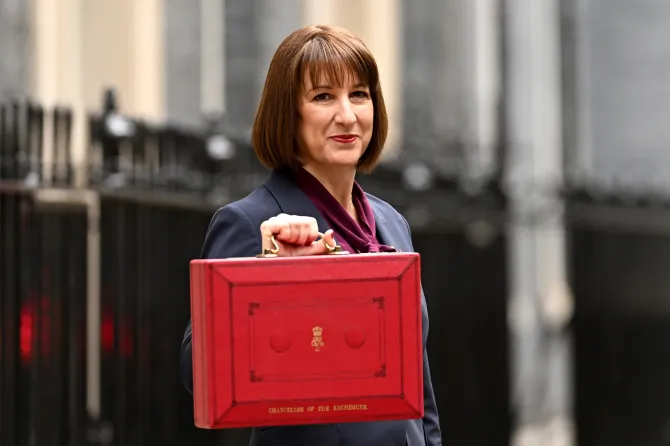
Introduction
Rachel Reeves, the current Shadow Chancellor of the Exchequer and a prominent member of the Labour Party, has emerged as one of the most influential figures in UK politics. Her influence in shaping economic policy, particularly in light of the ongoing challenges posed by the UK’s economic recovery post-Brexit and the COVID-19 pandemic, has made her a central figure in discussions about fiscal responsibility and social welfare. Understanding her role is imperative for those interested in UK political dynamics and economic strategies.
Political Career
Born on February 18, 1979, in Leeds, Rachel Reeves began her career in politics after earning a degree in Philosophy, Politics, and Economics from the University of Oxford and completing a master’s degree from the London School of Economics. She was first elected as the Member of Parliament for Leeds West in 2010. Since then, she has held several positions within the Labour Party, including serving as the Shadow Secretary of State for Work and Pensions.
Her elevation to the position of Shadow Chancellor in 2020 has marked a significant step in her career, demonstrating her rising star status within the party. Reeves has pledged to build a more equitable economy that prioritises the needs of working families and has become an advocate for fiscal responsibility aimed at rejuvenating Labour’s economic credibility.
Recent Developments
In recent months, Rachel Reeves has been vocal about the need for a clear economic strategy to combat inflation and support public services. As the UK faces mounting economic pressure, including rising energy costs and inflation rates that have reached a 40-year high, her calls for a comprehensive plan have resonated with many citizens who are concerned about their financial futures.
Earlier this month, she presented a blueprint to the Labour Party conference, outlining initiatives aimed at increasing investment in green energy and providing more support for small businesses. Her focus on sustainability is seen as crucial in addressing not only economic challenges but also climate change, which has become a pressing issue for voters across the country.
Conclusion
As the UK navigates a complex post-pandemic landscape, Rachel Reeves stands as a formidable figure poised to influence economic policies that affect millions. Her dedication to promoting fiscal responsibility while also advocating for social justice indicates a shift within the Labour Party, aiming to appeal to a broader base of voters. Looking ahead, her potential candidacy for higher office could reshape the political landscape in the UK, making her a key figure to watch in the coming years. By understanding her policies and aims, readers will not only grasp the current political climate but also anticipate upcoming changes that might impact their lives.
You may also like

The Important Role of Government in Modern Society

Understanding the Current Political Landscape in the UK
